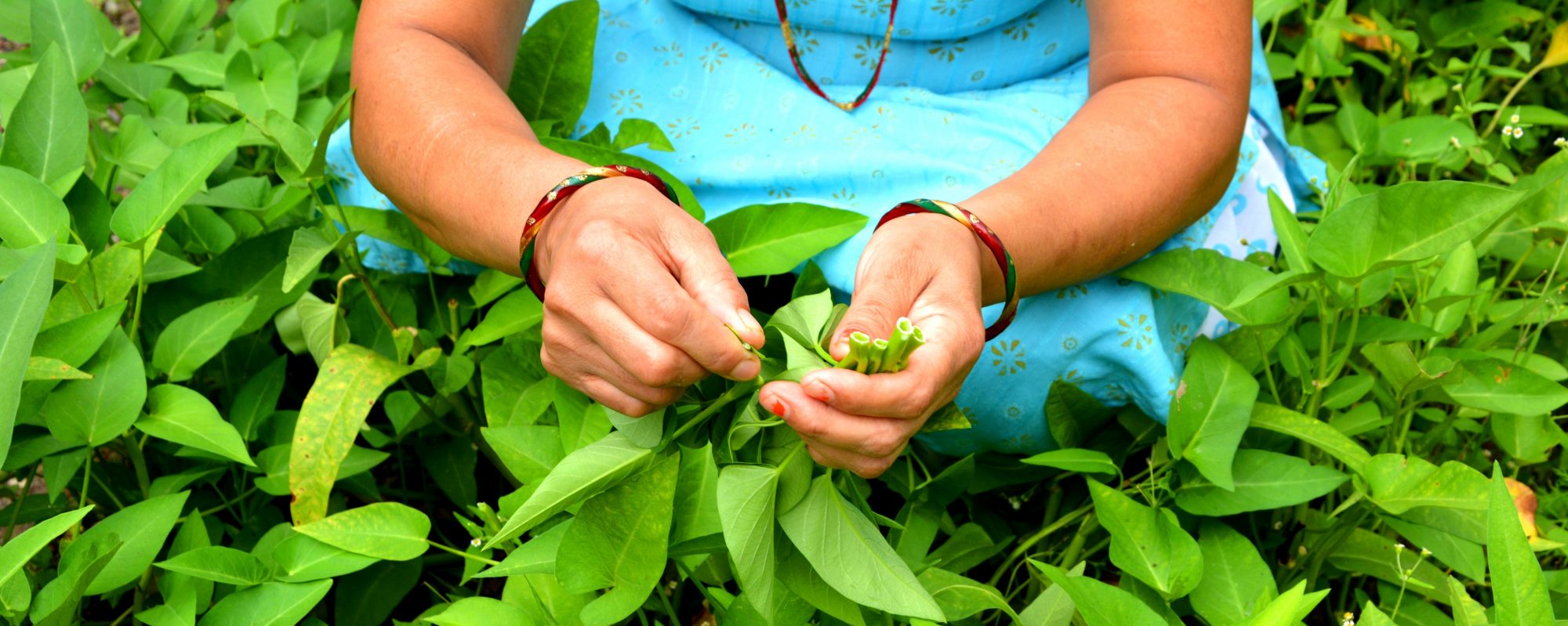Taking stock of key international policy frameworks addressing biodiversity, traditional knowledge and health
The global development policy construct strongly emphasizes biodivserity conservation and health security. The sustainable development goals for instance cannot be achieved when there is a high prevalence of debilitating illness and poverty, and the health of a population cannot be maintained without a responsive health system and a healthy environment. Environmental degradation, mismanagement of natural resources, and unhealthy consumption patterns and lifestyles impact health. Ill-health, in turn, hampers poverty alleviation and economic development .
Ensuring access to good quality health care—whether physical or economical— has been a major challenge to planners and policymakers. This has been the case since the 1970s, when the Alma Ata declaration (1978) mandated “Health for All” by the year 2000 and further called for an integration of traditional health practitioners and traditional medical knowledge in public health policies to the more recent Millennium Development Goals (MDGs) (2000), where three of the eight goals pertain to health. A quick transect through the different policies relevant to traditional knowledge, biodiversity and health gives us clues to the wide range of sectoral interests.
The rights of indigenous peoples to their customary practices were first recognized by the International Labour Organization (ILO) Convention in 1957 . With the Earth Summit and the adoption of the Convention on Biological Diversity at Rio de Janeiro in 1992, political recognition of the relevance of traditional knowledge and practices came about. Principle 22 of the Rio Declaration on Environment and Development calls for a recognition of and a respect for the knowledge and practices of local and indigenous communities in environmental management towards achievement of sustainable development.
Agenda 21 further specifies a need for appropriate integration of traditional knowledge and experience in national health systems, and to conduct research in traditional knowledge related to preventive and curative health practices (Chapter 6 of Social & Economic Dimensions – Protecting & Promoting Human Health). Hence, over time, two areas where the contemporary relevance of traditional knowledge has been fairly well-acknowledged include the management of the environment and natural resources, and the delivery of health care. Increasingly, the vital role of traditional medicine and conservation of related resources and ecosystems in achieving better human health and well-being needs is being articulated in institutional reports and activities guiding policy setting.
Other key policy frameworks are as follows:
- Article 34 of the United Nations Committee on Economic, Social and Cultural Rights resolution of 2000, which dwells on the right to the highest attainable standard of health, urges states “[…] to refrain from prohibiting or impeding traditional preventive care, healing practices and medicines.”
- A conceptual framework on poverty and well-being, defined in a United Nations Environment Programme (UNEP) and International Institute for Sustainable Development (IISD) report, considers the ability to use traditional medicine and “continue using natural elements found in ecosystems for traditional cultural and spiritual practices” as two of the ten resources of well-being (See: UNEP and IISD, Exploring the Links: Human Well-being, Poverty and Ecosystem Services).
- The Convention on International Trade in Endangered Species of Flora and Fauna (CITES) has promoted sustainable use of natural resources by monitoring trade of endangered species of flora and fauna.
- The Food and Agriculture Organization of the United Nations (FAO) has developed many policy resources on non-timber forest produce including medicinal plants.
- The UN Conference on Trade and Development (UNCTAD) promotes protection of traditional knowledge and trade and development opportunities using medicinal resources through initiatives such as the Biotrade.
- The UN Industrial Development Organization (UNIDO) has been recommending support for industrial use of medicinal plants, improved technologies for standardization, and building capacities of member countries.
- The UN Economic and Social Commission for Asia Pacific (UNESCAP) has created a web-based hub for buyers and sellers of herbal technology through its Asia Pacific Center for Technology Transfer (APCTT).
- The World Intellectual Property Organization (WIPO) has supported initiatives for Intellectual Property Rights (IPR) protection of traditional medical knowledge.
Other international organizations such as The Commonwealth Secretariat, European Union , World Bank and World Trade Organization also have programmes on specific aspects in traditional medicine. Similarly, non-governmental bodies such as the Ford Foundation , World Wide Fund for Nature (WWF), the IUCN), TRAFFIC and several others have been assisting initiatives related to TRM (see: WHO Traditional Medicine Strategy: 2002–2005).

